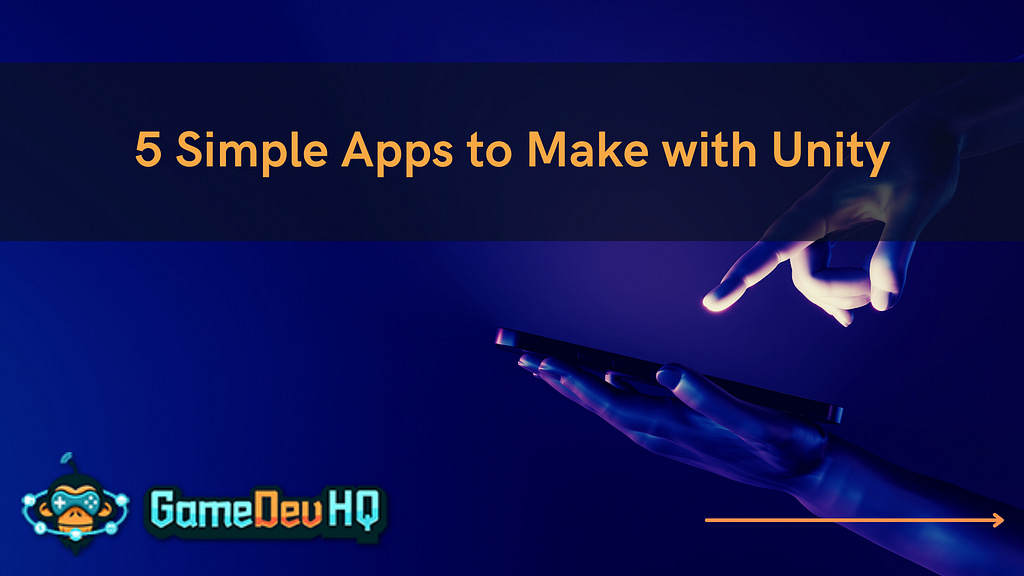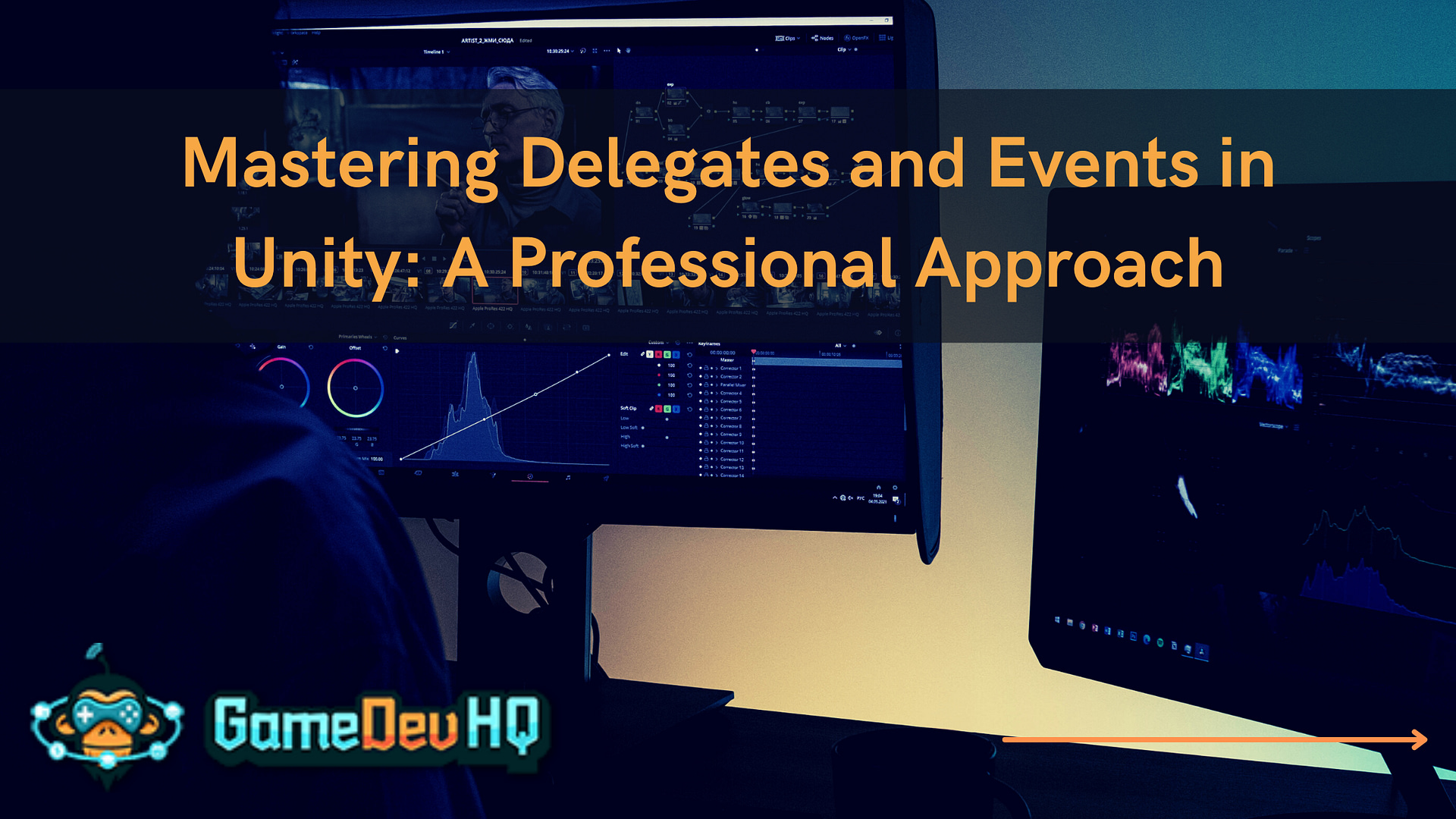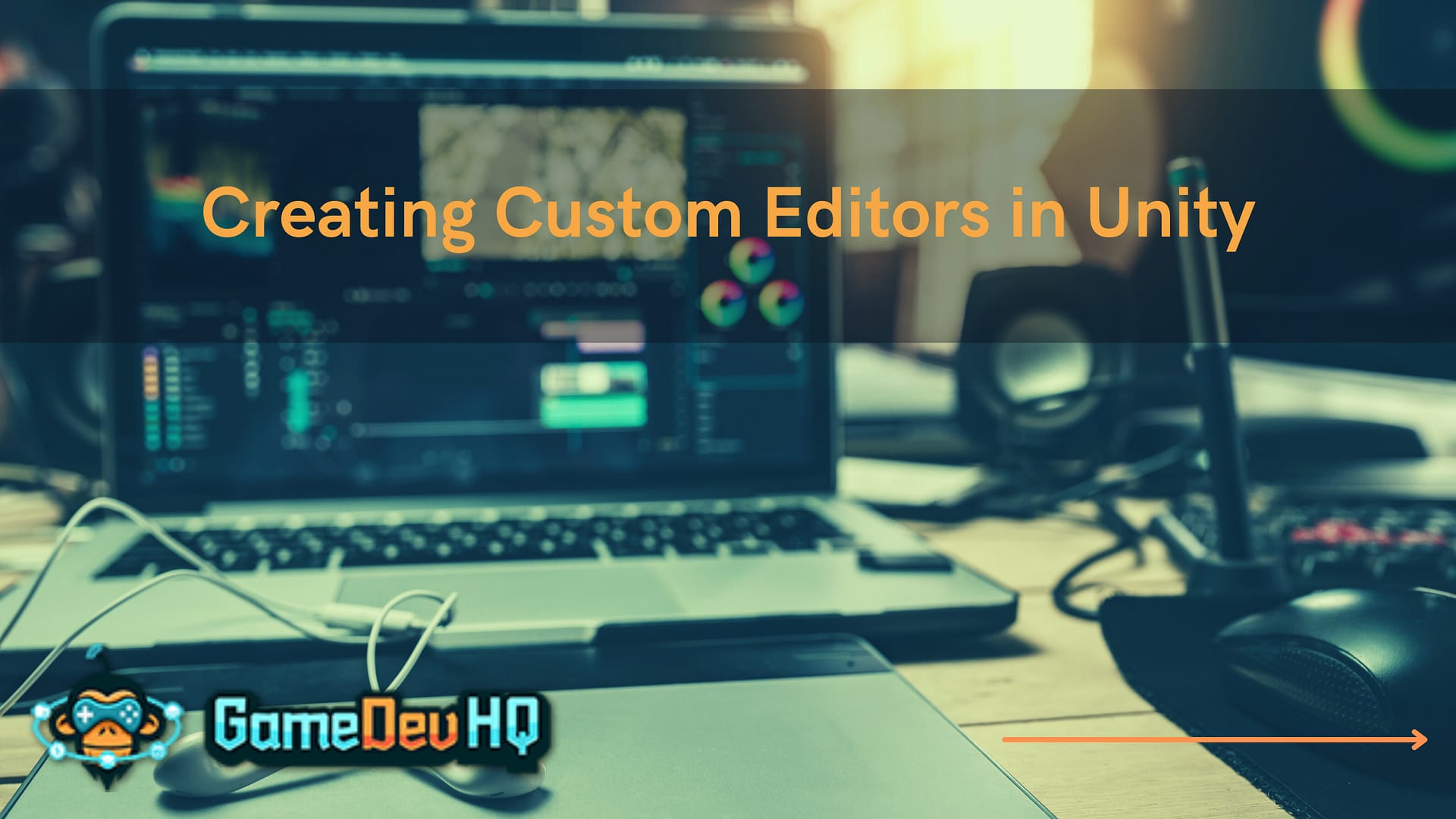Building simple apps is a great way to showcase your talent as a C# programmer and Unity developer. Simple apps are an excellent way to start your journey in developing interactive and visually appealing applications.
So often we see beginners try to make a full length game or some advanced AI and waste time building upon something that was flawed from the start.
It’s important to remind yourself to start small and expand. This means you can display your talents quickly and continue to show improvements as you keep making that small project into something bigger.
5 Simple Apps to Start Creating with Unity
1) To-Do Lists
The first simple app you could try to make is a to-do list. Most of the work is getting a user’s input, since they would choose what needs to be remembered.
Take it a step further by allowing the user to mark things as done. Remember to choose a clear visual indication if a task is done, such as striking out the text or making the text gray rather than the default font color. And keep the option for users to turn that task back on in case they accidentally marked it complete.
2) Calculator or Sales Software
Similar to using typed input from the first example, calculator apps are fairly simple to make. It also relies heavily on user inputs. You would mostly have to make sure the calculator buttons all do what they should!
You could try adding on to that when you’re comfortable and make a basic point of sale software. Most large retail chains have their own cash register software. These usually include an option to toggle tax on a total (at least in the United States), as well as some handy shortcuts for the user. In grocery stores, there are usually multi-digit codes for fruits and veggies. You could create a library of these shortcut codes for users to test. Add a money-in-money-out calculator for balancing a till—businesses always want to know if their registers are short.
3) Game Clone: Pong
We all know the classic among classics, Pong. It’s the game in which players move a rectangle (paddle) on their side of the screen up or down to “bounce” the little dot (ball) away from their goal and into the opponent’s. Simple and fun. Because of how simple and fun it is, it makes a great template for beginning programmers to emulate.
Don’t just stop at making two rectangles and a dot interact! Make that your foundation, then maybe build a small power-up that makes a paddle bigger or make the ball bounce speed increase over time to make it harder for the player. Who knows, maybe over time you could make it a four player game!
4) Game Clone: Flappy Bird
Not as simple as Pong but definitely a good game to emulate, Flappy Bird uses tap/click interaction to keep a bird afloat while dodging obstacles. Don’t tap and the bird slowly declines on the screen; tap a lot and the bird struggles to stay higher on the screen. Using a combination of staying high and falling low players can swoop above and below objects in the way.
It’s a great way to test your collision skills and create very minor physics (gravity). Over time you could learn to add obstacles that move or aim at the player’s character. You could make powers up that let the character temporarily pass through solid objects or zap away nearby enemies to make it more fun.
5) Game Clone: Memory/Concentration
While not originally a video game, several versions of the game in which a player flips two cards to see if they match then resets them if they don’t match have been used in games. Mario Party (1998), for instance, has a version called “Memory Match” consisting of squares in a 3×3 layout with all but one card having matches to find—the single card stunning the player to stall time instead.
Why not make a hard mode and have some cards swap places to really test players’ memories?
Creating simple apps using Unity is a great way to showcase your talent as a C# programmer. It allows you to demonstrate your ability to work with a powerful and versatile tool, create visually engaging and interactive experiences and gain experience working with multiple platforms.
Do you have idea not included in this list? Share below in comments!








